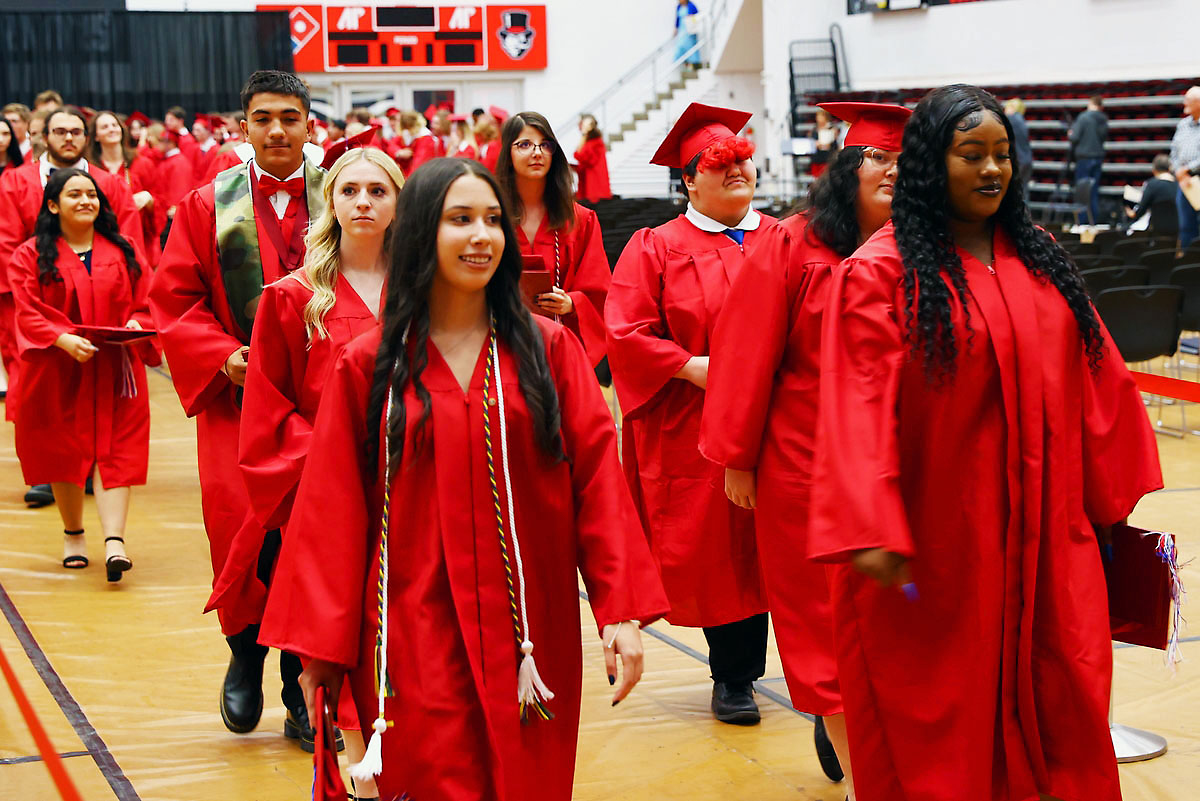TikTok, the viral video-sharing platform, has recently made the news due to massive layoffs globally. Even the company’s Malaysia office wasn’t spared from this downsizing with a large number of the staff reportedly losing their jobs. Despite initial rumours suggesting a higher figure, the company confirmed that less than 500 Malaysian employees were impacted by this move.
TLSs were caught by surprise when they received emails on a Wednesday notifying them about the termination of their employment. A considerable majority of these layoffs were reported from TikTok’s content moderation division, sparking speculations about the increased reliance of the company on artificial intelligence (AI) for content moderation in the future.
Amongst the digital platforms, TikTok has been unique in its approach towards content moderation. It utilizes a mixed model where human content moderators work in tandem with automated moderation systems. TikTok’s leadership believes that human intervention brings an added layer of finesse to the content moderation thanks to the nuanced understanding and context that might not always be captured by technology.
However, recent reports indicate a possible shift of gears for TikTok. These reports suggest that nearly 80% of the content found inappropriate and subsequently removed from the app was initially flagged by its AI systems. The potential role and capabilities of AI in content moderation are being widely discussed in tech forums and industry circles worldwide.
As AI technology evolves, enhancing the efficiency and accuracy of the AI systems has become a prerogative for technology companies. With a vast majority of content being flagged by AI, TikTok might also be focusing on improving the efficiency of its AI.
The recent layoffs can be seen as a move towards this new direction. The decision seems like a calculated strategy, understanding the possibilities that improved AI can bring to the table, such as cost-efficiency, faster moderation, and fewer errors. If anything, it seems like allegedly, TikTok could be setting the stage for AI to play an even more central role in its content moderation process.
The layoffs globally and the possible transition towards AI could certainly raise questions about the platform’s strategy. However, as a global tech company, it is undoubtedly crucial for TikTok to evolve and adapt with the advancements in technology. The decision may be part of a larger picture and a bigger strategic plan, preparing the platform for future growth.
There’s no denying that the way forward for TikTok depends on how efficiently it can balance technology’s use, mainly AI, with the skills and competencies of its human resources. As the company maintains its position as a leading player in the video-sharing platform segment, the optimization of this balance is going to be a determining factor in its future. If successful, this strategy could offer a new blueprint for others to follow in the digital arena.
These changes serve as a reminder of how technology can disrupt workforces worldwide, creating new paradigms for employment and challenging conventional models. The global economic landscape continuously evolves, and companies like TikTok are at AI’s intersection, innovation, and the workforce’s future. The use of technology like AI does not replace humans but complements human efforts towards increased efficiency and productivity. The human mind’s creativity and originality fused with the accuracy and precision of AI systems can indeed create a formidable combination.
In conclusion, the recent layoffs at TikTok seem like the first moves towards a probable larger strategic plan. While these moves may be disconcerting for the impacted employees, they could prove essential for TikTok’s long-term success as a digital platform. As the company possibly makes a higher bet on AI technology, only time will tell if this is the winning strategy for them.




